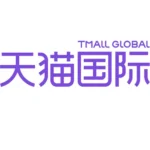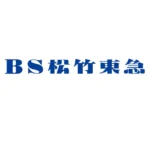Samsung Electronics Co. has secured approximately 10 trillion won ($7.3 billion) in credit facilities from major Korean banks, marking the tech giant’s first significant debt arrangements in over two decades.
The arrangements, structured as won-based comprehensive agreements with KB Kookmin Bank, Woori Bank, and IBK Industrial Bank, function as overdraft accounts allowing flexible fund access within set limits at annual rates of 3-4%. Samsung hasn’t issued corporate bonds since 2001, maintaining what industry observers called debt-free management for about 20 years.
The financing shift comes during turbulent times for the Suwon-based company. Samsung lost its DRAM market leadership to SK Hynix in the first quarter for the first time in 33 years, while its television market dominance faces pressure. The company also confronts potential tariff impacts from the Trump administration’s trade policies.
Despite generating 52.49 trillion won in operating cash flow last year, Samsung appears to be diversifying funding sources beyond its traditional foreign exchange purchase methods, which required repeated bank negotiations. The credit lines eliminate per-transaction costs while providing immediate access to capital.
Samsung maintains substantial liquidity with 49.68 trillion won in global cash holdings, suggesting the credit arrangements reflect strategic positioning rather than financial necessity. The move signals management’s acknowledgment that operational challenges may require more financial flexibility than its historically conservative approach provided.




